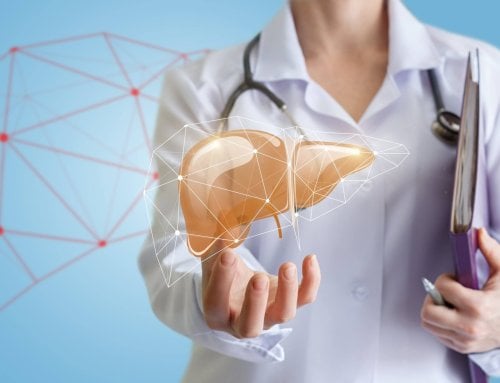My patients with diabetes are always keeping me on my toes with such interesting questions. I try to give them correct yet simple answers. See if you know the answers to some of these common myths concerning topics related to diabetes.
- Myth: “Fruit is so healthy and the latest government nutrition guidelines have it on the highest level of the food pyramid. Weight Watchers say you can eat all the fruits and vegetables you want as part of their point counting program. Therefore, people with diabetes can eat fruit all day long.”
Truth: Although fruit is an excellent snack which provides vitamins, minerals and extra fluid, it is still is considered a carbohydrate and must be counted in your daily allowance. Your diabetes educator or dietitian can help you come up with a plan, but usually you are allowed between 2-4 servings of carbohydrate per meal. It depends on your weight, activity level and blood sugar control. Generally 2-3 servings of fruit a day are considered reasonable. Remember to check the fruit size. A banana counts as two fruits as does any large single piece of fruit. Buy fruit in a bag instead of grabbing the biggest one in the bin or share the large ones. Eat a handful of nuts with the fruit to blunt the blood sugar rise. Try Brother’s All Natural Fruit Crisps if you do not have fresh fruit. Juicier fruits are blasters and raise blood sugar faster (like watermelon, pineapple and banana). Fruits that may give less of a rise in blood sugar are cherries or apples, due to their lower glycemic index and less ripe fruit. Think about eating your fruit before the evening hours. - Myth: “I know the typical symptoms of diabetes and I do not have any of them, I feel fine. I do have a strong family history but that must mean that I do not have diabetes.”
Truth: Only 50% of people with diabetes have the classic symptoms prior to diagnosis. They include increased thirst, hunger, urination, fatigue, dry skin, blurry vision, increased infections, sores that will not heal and sexual problems. The remaining 50% feel no different and are usually diagnosed because of another reason. As we age and with a family history, we should be screened with a simple blood test called FBS (fasting blood sugar), which can give us immediate results. If 126 mg/dl or more is found then it should be repeated in 2 weeks for a true diagnosis. Sometimes an A1C is used or a glucose challenge test is done if there is any question. - Myth: “I always take my cholesterol medication/statin in the morning with all my other pills. That is fine, right?”
Truth: It really depends on the statin medication that you are on, but the liver does produce most of the cholesterol at night while you are asleep. There are a few statins that last for a shorter time frame and should be taken at bedtime. Included in this list are: Lovastatin (Mevacor), Simvastatin (Zocor) and Fluvastatin (Lescol). The others which include Atorvastatin (Lipitor), Rosuvastatin (Crestor), and Pravastatin (Pravachol) stay in the body longer and can be taken any time of the day. Always consult with your physician when taking any medication. - Myth: “There is no warning when someone is having a stroke. I know with diabetes my risk is increased. How could I possibly tell?”
Truth: Research shows there are multiple ways to tell if you or someone with you is having a stroke. Try remembering the acronym START- Smile. Both sides of your mouth and lips should lift equally.
- Talk. Try saying something without having a communication problem.
- A simple thought put into a coherent sentence.
- Raise both arms above your head equally.
- Tongue. Stick out your tongue. If it is crooked, there is suspicion.
Also remember if you have trouble seeing out of one or both eyes, sudden loss of balance, or sudden one-sided weakness. Women may have some different symptoms including nausea, hiccups, palpations, and shortness of breath or chest pain. The most important element is time. Calling 911 and getting to a facility to get clot busting medications should be accomplished within 3 hours of symptoms.
- Myth: “I have diabetes and I guess I should be on a gluten free diet, right?”
Truth: Although 10% of people with type 1 diabetes have celiac disease, which is also an autoimmune disease, it is not necessary for everyone else with diabetes to follow gluten free diets. Gluten is found in wheat, rye, barley and possibly oats. Some people are gluten intolerant with or without diabetes and may want to try a gluten free diet to alleviate the GI symptoms of bloating, gas, and diarrhea. You can check with a dietitian to find out what is best for you.
I hope this information was useful to you and if so share it with someone else! Keep learning.
NOTE: Consult your Doctor first to make sure my recommendations fit your special health needs.













Leave A Comment